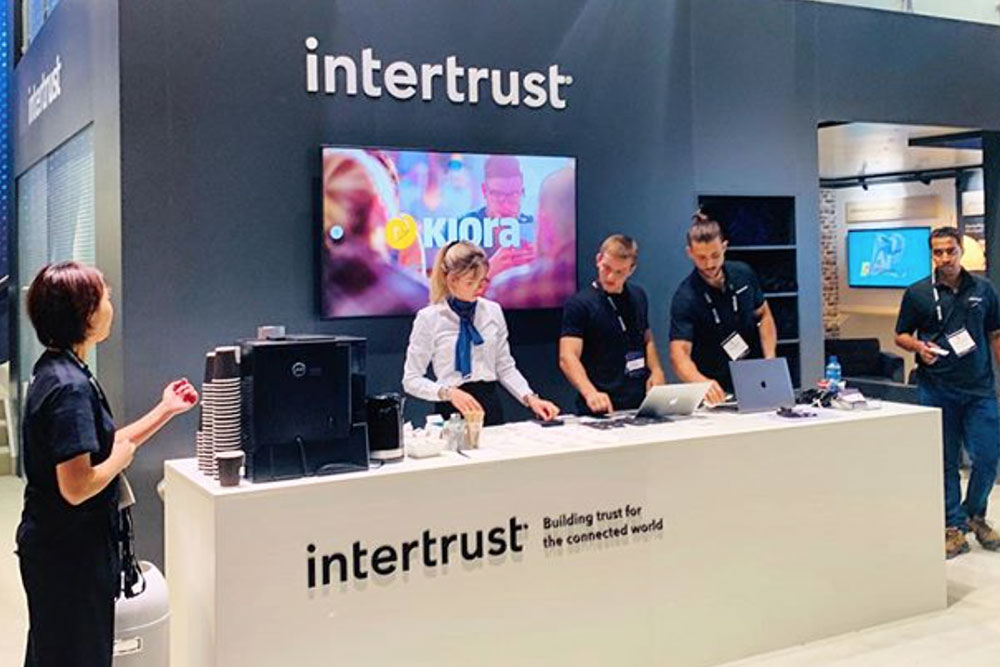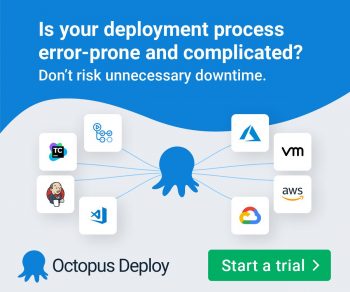Intertrust N.V. (“Intertrust Group” or “Company”) [Euronext: INTER], a world leader in providing specialized administration services to clients in over 30 jurisdictions, published the results of a global survey that found that by 2026 private capital funds plan to prioritize investments in blockchain and big data, even more than automation and machine learning. Intertrust Group worked with some of the largest funds in the world to gather this intelligence and learned that fund asset size and knowledge of new technology influenced whether funds would make such investments in innovation.
The Intertrust Group report titled “The Future of Fund Technology” is part two of a series about the evolving demands in the private capital funds industry, which includes private equity, debt, real estate and more.
The full report along with data and Intertrust Group expert insights is available on the Intertrust Group website here along with the previous report “The Future Private Capital CFO: Evolving in a Digital Age“.
“We embarked on this tech-focused state of the private capital industry to better understand the way different global markets interpret and apply new technologies in the fund administration space,” said Chitra Baskar, Chief Operating Officer and Global Head of Funds & Product at Intertrust Group. “With respondents from some of the largest funds in the world calling out critical operational issues that can be solved by a deeper understanding and a greater investment in tech, we hope that through analysis, we’ll help our clients find ways to better streamline day-to-day fund administration — from regulatory upkeep to investor relations and anything in-between.”
Intertrust Group talked to more than 300 senior-level decision makers, such as CEOs, CFOs and CTOs, working for private capital firms or private funds with $250 million to more than $3 billion in AUM.
Spotlight on Key Findings
- The US Lags, Relying on Manual Processes More Than Most: 42% of US respondents claimed that most of their processes are still run manually, whereas the UK and Europe rely more on automation.
- UK and Asia Cite Automation as Vital Long-term: UK and Asia respondents said the introduction of increased automation and new technologies over the next five years will be vital to giving their funds a competitive edge.
- Europe Will Wait and See When It Comes to Fund Technology: 53% of European respondents plan to adopt new technology once it has been around for a while (and not right away).
- In Asia, Market Conditions and Regulatory Issues Are Serious Barriers to Entry: Beyond costs and budgeting, market constraints and the regulatory environment are the two highest global barriers to entry when fund administrators consider new technology. Notably, Asia markets have a close eye on the changing regulatory environment, citing it as “[posing] a constant threat.”
- Big Data and Blockchain Reign Supreme: The majority of respondents perceived big data and blockchain as the most important technology tools. Additionally, over the next five years, 46% see blockchain, or distributed ledger technology (DLT), as the most important to the future of fund administration and 37% cite big data.
- Tech Investment Reasoning is not Universal: Overall, 62% of respondents plan to increase investment in automation and new technology over the next two years. Yet Europe (59%) and larger funds (54%) with more than $1 billion in assets plan to use new technologies to support investor relations and reporting, while the US plans to focus technology investment on portfolio business intelligence (47%).
- Fund Administrators Leaning Less on In-House Operations: Most respondents (43%) currently rely on third-party administrators (TPAs) to manage all fund-related administrative work, only turning in-house for select activities. Across all countries, the average number of TPAs used is two, while funds with more than $1 billion in assets typically use three.
Added Baskar: “These findings make clear that the adoption of new technology, and all of its associated costs and learning curves, is a challenge to many private funds. However, the majority of fund leaders realize that they’re taking some risk by not optimizing their business by considering the latest in tech innovation. It’s our job as global administrative partners to ensure we understand the needs across markets, for all of their nuances, so that funds have the necessary tools to remain competitive and the time to prioritize what matters most to them – the investor.

















